Social Media Is Rewiring Your Brain—Here Are 20 Alarming Effects
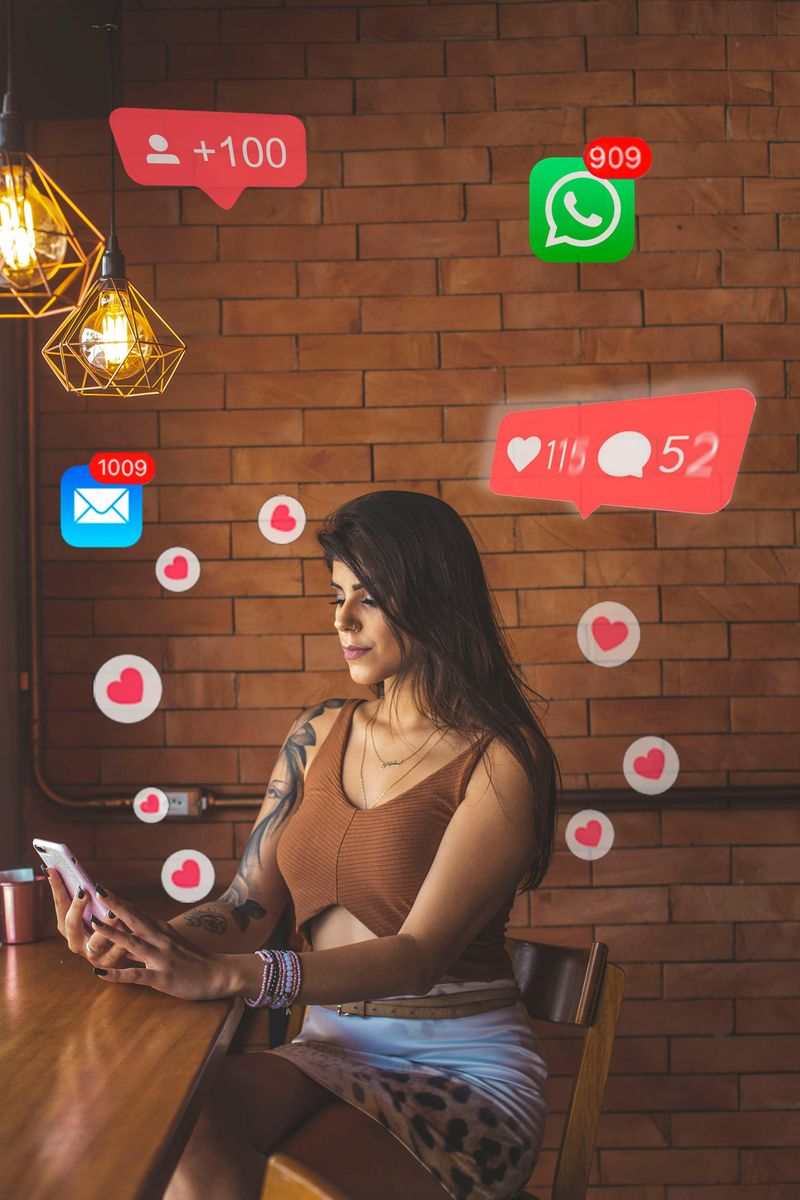
We all tell ourselves we’re just “checking Instagram for five minutes,” and then—boom—two hours vanish. The truth is, social media is designed to keep us hooked. Those endless scrolls, likes, and little dopamine hits feel harmless, but they’re doing more to our brains and emotions than we’d like to admit.
1. You Start Comparing Your Life to Others Constantly

Ever opened Instagram and felt like everyone else is living a perfect life? Comparison culture is deeply rooted in social media, where highlight reels can make you doubt your own achievements. This constant evaluation leads to feelings of inadequacy and self-doubt.
As you keep scrolling, it becomes harder to appreciate your own milestones. What you see on the screen rarely reflects reality, but it still sets unrealistic standards. It’s a maze of envy and self-criticism.
Over time, this affects mental health, leading to chronic dissatisfaction. Breaking free means recognizing the illusion and valuing authenticity over curated perfection.
2. Your Attention Span Gets Shorter
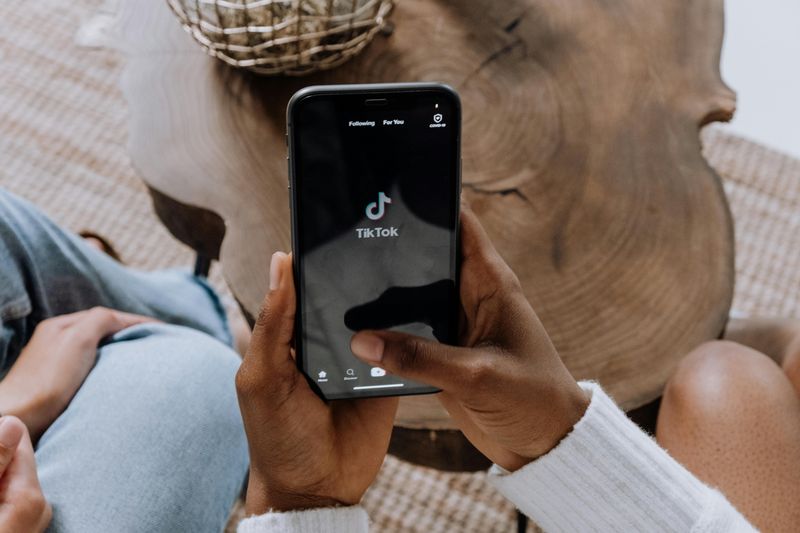
In the age of endless scrolling, patience is becoming a scarce commodity. With a constant barrage of quick fixes, your brain adapts by seeking instant gratification. Attention spans are shrinking, and focus becomes a fleeting concept.
Tasks that require deep concentration suffer as you become accustomed to immediate rewards. This shift affects learning and productivity, making it challenging to engage with more complex information.
The dopamine-driven cycle of quick hits leaves you restless and craving more. Training your mind for long-term engagement becomes a necessary skill to reclaim deliberate focus.
3. You Develop Anxiety Over Notifications
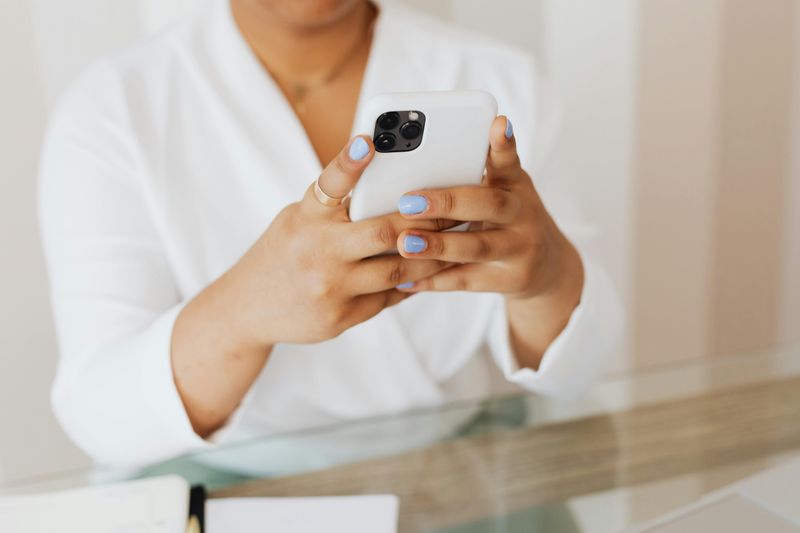
That familiar ping or vibration can set your heart racing. Notifications are designed to capture your attention, creating a sense of urgency. This compulsion to check every alert can lead to anxiety and stress.
The fear of missing out on important updates or social interactions drives you to stay constantly connected. This hyper-awareness interrupts daily tasks and disrupts your peace of mind.
Finding balance means setting boundaries. Muting notifications and designating specific times for checking your phone can reduce the anxiety and help regain control over your time.
4. Your Sleep Suffers

Late-night doomscrolling is more disruptive than you might think. The blue light emitted from screens interferes with your circadian rhythm, confusing your body about when to sleep.
This disruption leads to difficulty falling asleep and poorer sleep quality. The endless stream of content keeps your mind active when it should be winding down.
Creating a bedtime routine without screens can improve sleep hygiene. Consider replacing your phone with a book or meditation, and witness a more peaceful night’s rest.
5. You Lose Real-Life Social Skills

Online communication is convenient, but it often comes at the cost of real-life social skills. Conversations are reduced to emojis and abbreviations, limiting emotional expression.
This shift can make face-to-face interactions awkward. Without the nuance of tone and body language, misunderstandings become more common.
Rebuilding these skills means practicing active listening and empathy. Engaging in real-world interactions enriches relationships and enhances communication abilities.
6. You Experience Digital Burnout

Constant connectivity can be mentally exhausting. Digital burnout occurs when the relentless engagement with social media leaves you feeling drained and overwhelmed.
The pressure to stay updated and respond promptly creates a mental load that’s hard to bear. It affects work-life balance and diminishes overall well-being.
Taking breaks and setting screen-free times can alleviate this exhaustion. Finding offline hobbies and activities can rejuvenate your mind and restore energy.
7. You Become Addicted to Validation
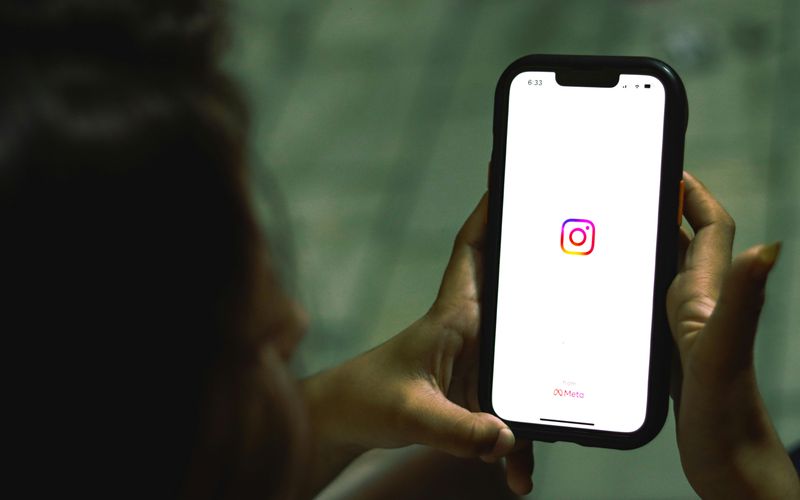
Likes and comments serve as digital applause, offering a temporary high. This validation becomes addictive, as self-worth starts to hinge on the approval of others online.
Chasing this affirmation can lead to a distorted self-image. The quest for likes encourages superficial interactions and detracts from genuine self-esteem.
Building self-worth outside social media is crucial. Recognizing intrinsic qualities and achievements fosters confidence and reduces dependency on external validation.
8. Your Productivity Plummets
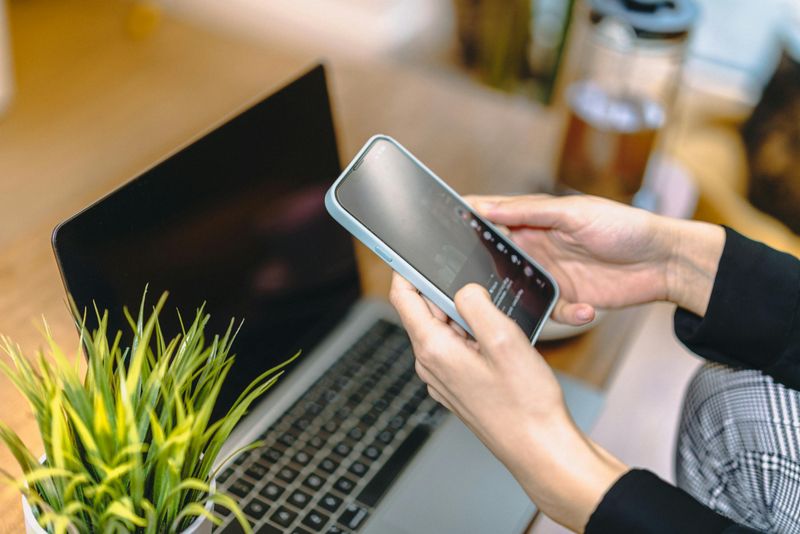
Social media is a master time-thief. Hours slip away unnoticed as you jump from one platform to another. This habit can seriously undermine productivity and focus.
Tasks remain unfinished as attention shifts from work to the latest post or trending topic. The allure of instant entertainment derails concentration.
To reclaim productivity, establish clear boundaries. Allocating specific time slots for social media can help maintain focus on essential tasks and boost efficiency.
9. You Get Caught in Echo Chambers
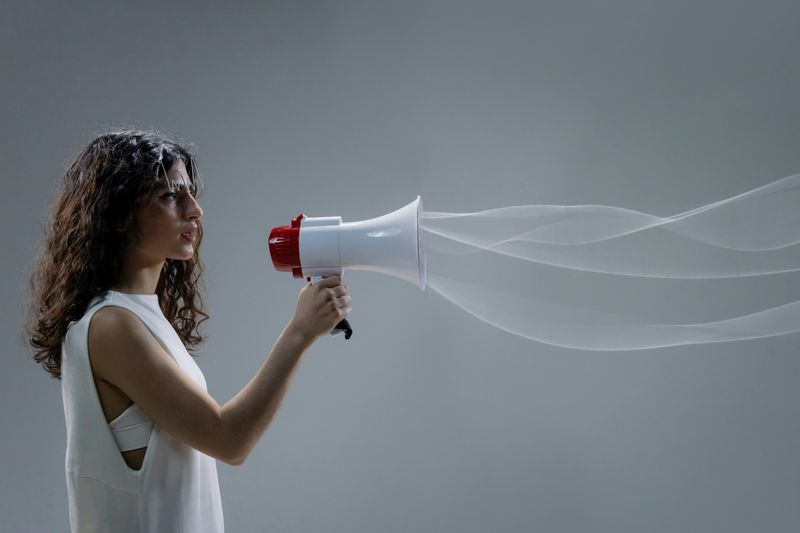
Social media often curates content that aligns with your existing beliefs. This results in echo chambers where diverse perspectives are drowned out.
Reinforcing your worldview limits exposure to new ideas. It fosters polarization and reduces critical thinking, as opposing views are seldom encountered.
Breaking free from this bubble requires conscious effort. Following diverse sources and engaging with differing opinions can broaden understanding and enhance tolerance.
10. You Expose Yourself to Cyberbullying
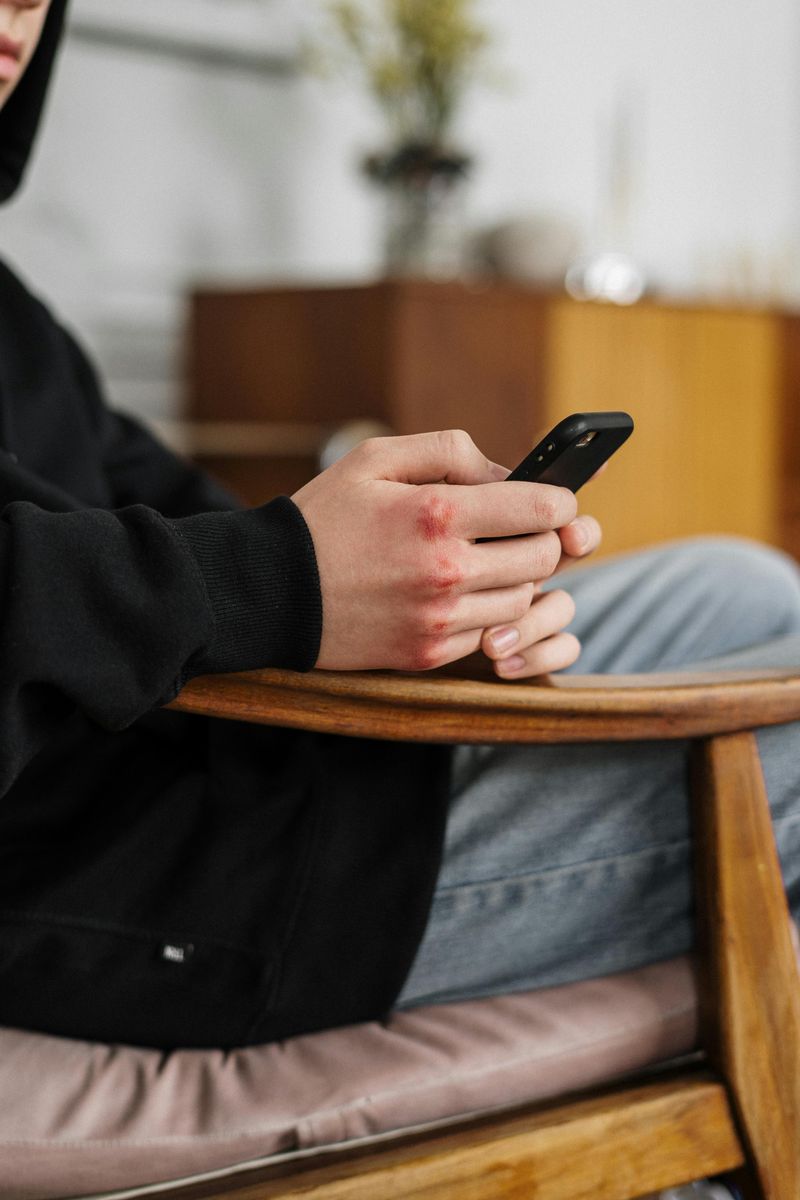
The anonymity of the internet can bring out the worst in people. Cyberbullying is a pervasive issue, affecting individuals across all demographics.
Hurtful comments and harassment can have severe emotional impacts. The victim may suffer from anxiety, depression, and a diminished sense of self-worth.
It’s vital to prioritize mental health and seek support when needed. Reporting abusive behavior and utilizing privacy settings can help protect against such threats.
11. Your Privacy Is Compromised

Sharing personal details online can make you vulnerable to privacy breaches. Social media platforms often collect and store vast amounts of user data.
This information can be exploited by hackers or used in scams and identity theft. The risk increases as you disclose more about your life and habits.
Practicing cautious sharing is paramount. Regularly reviewing privacy settings and being mindful of the information you post can safeguard your digital footprint.
12. You Develop Unrealistic Beauty Standards

Social media is a hub of filtered perfection. From airbrushed selfies to curated influencer content, it sets unrealistic beauty standards.
These ideals can distort self-image and lead to dissatisfaction with one’s appearance. Constant exposure encourages unhealthy comparisons and fosters insecurities.
Embracing natural beauty and recognizing the artifice in social media can promote a healthier self-perception. Celebrating diversity and uniqueness is key to breaking free from this facade.
13. You Might Experience Depression

Heavy social media use is linked to depressive symptoms in numerous studies. The constant comparison, exposure to negativity, and cyberbullying can contribute to this mental health issue.
Isolation from real-life interactions exacerbates feelings of loneliness and despair. The pressure to maintain a perfect online persona adds to the emotional burden.
Understanding the impact of social media on mental health is crucial. Seeking professional help and moderating usage can provide relief and support well-being.
14. You Miss Out on Real-Life Experiences

Living for the perfect post can make you miss out on genuine experiences. Capturing moments to share online often detracts from being present.
The quest for social media approval can overshadow personal enjoyment and spontaneity. It turns real-life adventures into mere content opportunities.
Focusing on being present enriches life. Putting the camera away and engaging with the moment fosters memories that are more meaningful than any post.
15. You Start to Feel Lonely, Even When ‘Connected’
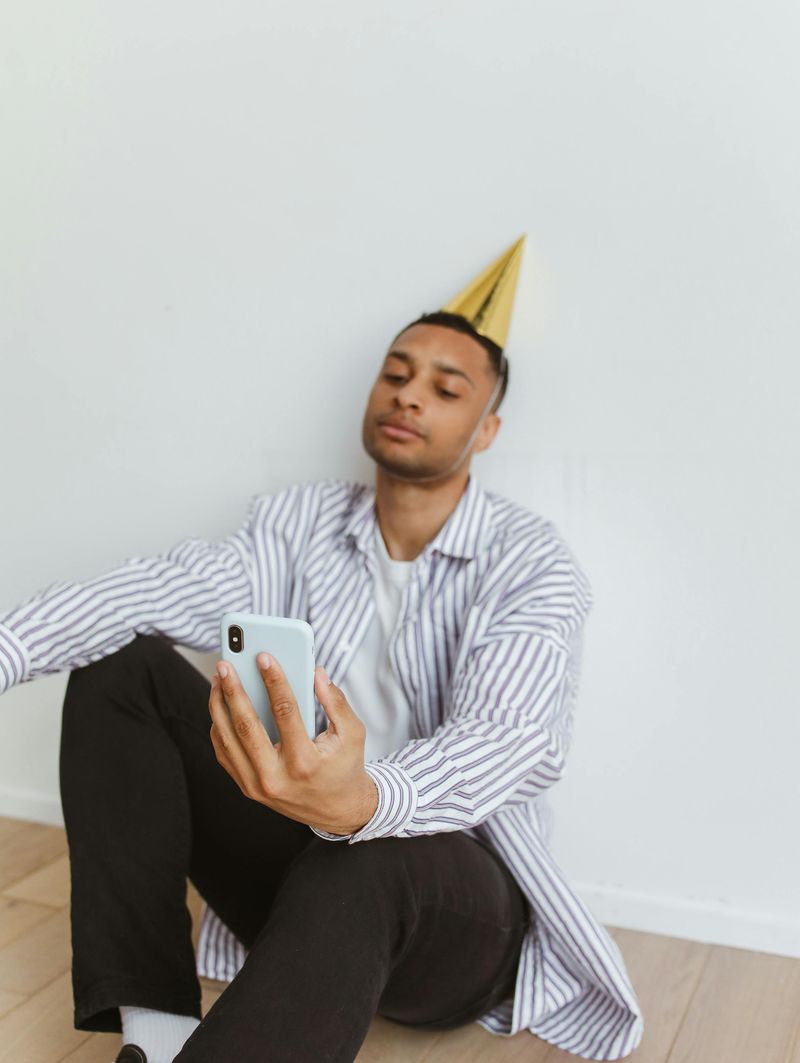
Online engagement often replaces deep, meaningful connections. The illusion of connectivity can lead to loneliness, even when surrounded by virtual friends.
Superficial interactions lack the depth that face-to-face communication provides. The absence of genuine bonds leaves an emotional void.
Cultivating real-world relationships is essential to combat this loneliness. Prioritizing quality time with loved ones fosters genuine connections and emotional fulfillment.
16. You Become More Impulsive
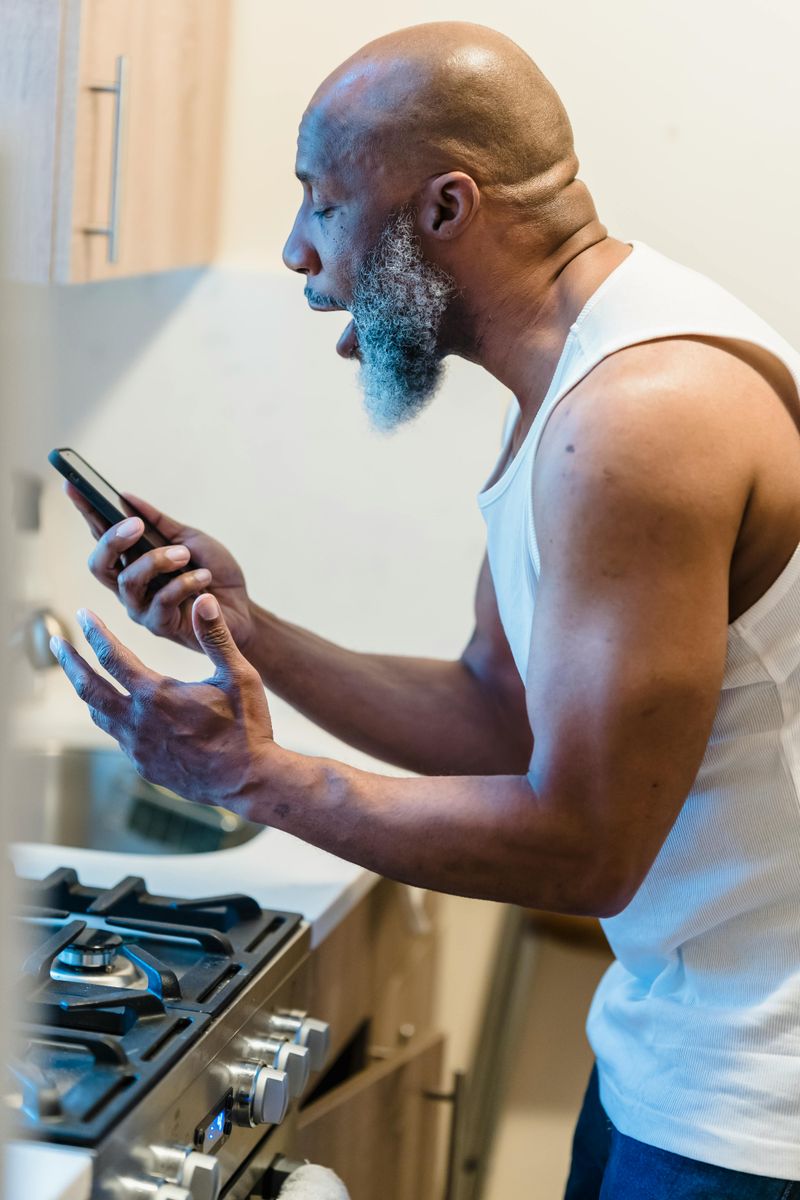
Constant stimulation from social media encourages impulsivity. The rapid pace of information and instant gratification affects decision-making processes.
This impulsiveness can spill over into various aspects of life, from shopping habits to personal interactions. Thoughtful deliberation becomes a rarity.
Mindful practices and self-awareness can counteract this tendency. Taking time to reflect before making decisions fosters better judgment and reduces rash behavior.
17. You Get Caught in Misinformation Loops
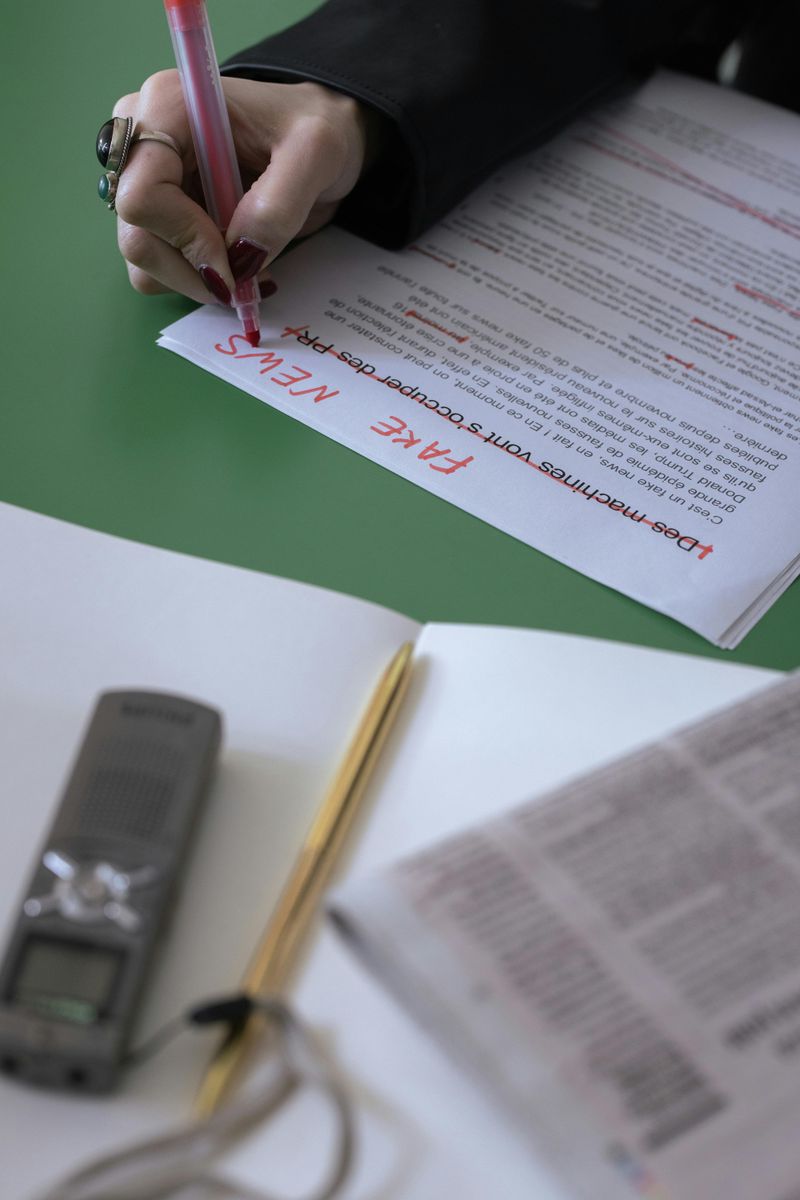
False news spreads rapidly on social media, ensnaring users in misinformation loops. The algorithms prioritize sensational content over accuracy, leading to confusion.
This environment fosters skepticism and mistrust in legitimate sources. The lack of fact-checking and critical evaluation exacerbates the issue.
Practicing media literacy and seeking credible information sources is crucial. Cross-referencing facts and questioning sensational claims can prevent falling into these traps.
18. You Risk Damaging Your Reputation

A single careless post can have lasting consequences. Social media’s permanence means past mistakes can resurface, affecting personal and professional reputations.
The rapid spread of information makes damage control difficult. A moment’s lapse in judgment can lead to unintended backlash.
Caution and foresight are essential. Thinking before posting and understanding the potential impact of your digital footprint can protect your reputation.
19. You Lose a Sense of Identity

Striving to fit an online persona can lead to identity confusion. The pressure to present a perfect image masks authentic self-expression.
This dissonance between online and offline identities can erode self-confidence. The need to conform to social media norms overshadows true individuality.
Embracing authenticity and self-discovery is key. Letting go of the urge to please others online fosters a genuine sense of self and personal growth.
20. You Forget How to Disconnect

The thought of being offline can induce anxiety. Constant connectivity makes disconnection uncomfortable or even scary.
This reliance on digital interaction inhibits the ability to enjoy offline moments. The fear of missing out keeps you tethered to your screens.
Practicing digital detoxes can enhance well-being. Embracing moments of silence and solitude fosters mindfulness and refreshes the mind.

Comments
Loading…